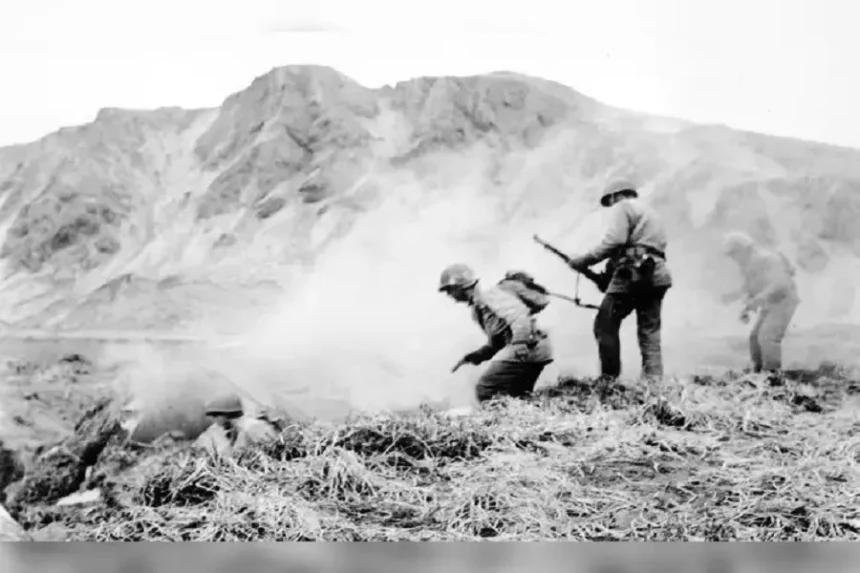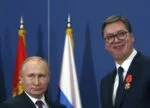This year marks the 80th anniversary of the end of World War II in Europe, a moment historically celebrated as Victory in Europe Day. But the commemorations in 2025 are being held under the weight of a modern war—Russia’s ongoing invasion of Ukraine—which casts a shadow over what should be a unifying reflection on peace and resilience.
On May 8, 1945, Nazi Germany’s unconditional surrender took effect at 23:01 CET, bringing a formal close to the European theater of the Second World War. In Moscow, due to the time difference, the surrender was recognized on May 9, a date Russia and several other countries, including Serbia, continue to observe as Victory Day.
World War II was the deadliest conflict in human history, involving more than 40 nations and resulting in an estimated 40 to 60 million deaths. The war officially concluded on September 2, 1945, with Japan’s surrender, though its devastation had been spreading since Japan’s occupation of Manchuria in 1931, and later, with the invasion of Poland in 1939 by Nazi Germany.
Yet as Europe honors the sacrifices of the past, it is grappling with a new reality of war on its continent. The Russian Federation’s invasion of Ukraine, ongoing since 2022, has been widely condemned by Western nations and has reignited fears of a return to broader military conflict on European soil.
This year’s commemorations are thus dual in tone—a remembrance of victory over fascism and a reflection on the fragility of peace. European Union institutions have emphasized the importance of Europe Day on May 9, marking 75 years since French Foreign Minister Robert Schuman’s 1950 declaration, which laid the groundwork for European unity. Meanwhile, the Russian capital prepares for its annual military parade in Red Square, attended by leaders of states with close ties to the Kremlin, including China, Brazil, Belarus, and Serbia.
In contrast, EU leaders have largely boycotted the Moscow celebration, citing Russia’s continued aggression in Ukraine as fundamentally incompatible with the spirit of Victory Day.
Historians and political observers note the eerie parallels between the rise of totalitarian regimes in the early 20th century and current-day geopolitical tensions. The failure to hold aggressors accountable, they warn, risks repeating the grave mistakes of the past.
As the world marks eight decades since the end of one of its darkest chapters, the echoes of war are once again being heard in Europe—not in memory, but in real time.







